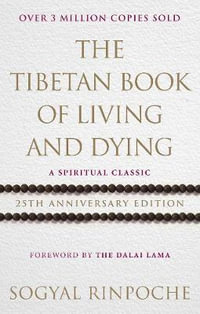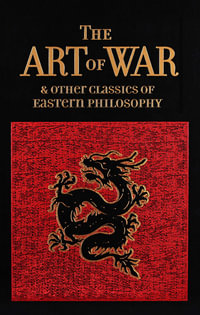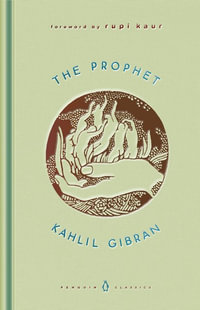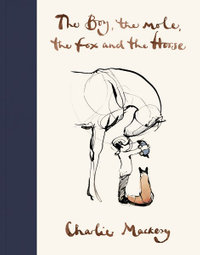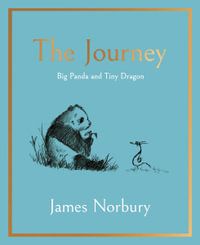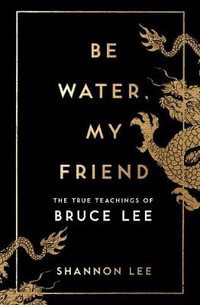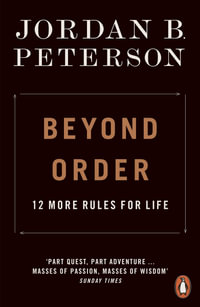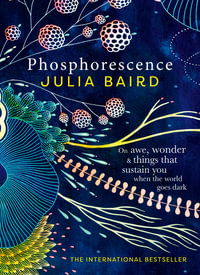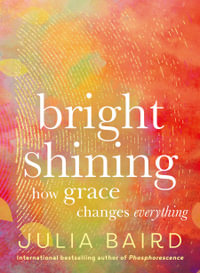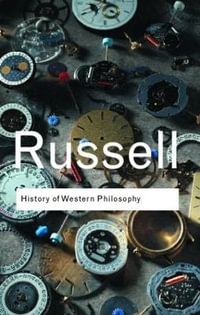In the long-awaited follow-up to The Language Animal, Charles Taylor explores the Romantic poetics that is central to his theory of language.
The Language Animal, Charles Taylor's 2016 account of human linguistic capacity, was a revelation, toppling scholarly conventions and illuminating our most fundamental selves. But, as Taylor noted in that work, there was much more to be said. Cosmic Connections continues Taylor's exploration of Romantic and post-Romantic responses to disenchantment and innovations in language.
Reacting to the fall of cosmic orders that were at once metaphysical and moral, the Romantics used the symbols and music of poetry to recover contact with reality beyond fragmented existence. They sought to overcome disenchantment and groped toward a new meaning of life. Their accomplishments have been extended by post-Romantic generations into the present day. Taylor's magisterial work takes us from Hoelderlin, Novalis, Keats, and Shelley to Hopkins, Rilke, Baudelaire, and Mallarme, and on to T. S. Eliot, Czeslaw Milosz, and beyond.
In seeking deeper understanding and a different orientation to life, the language of poetry is not merely a pleasurable presentation of doctrines already elaborated elsewhere. Rather, Taylor insists, poetry persuades us through the experience of connection. The resulting conviction is very different from that gained through the force of argument. By its very nature, poetry's reasoning will often be incomplete, tentative, and enigmatic. But at the same time, its insight is too moving-too obviously true-to be ignored.
Industry Reviews
Ostensibly a study of Romantic poetry and music, [this book] is about nothing less than modern life and its discontents, and how we might transcend them. -- Adam Gopnik * New Yorker *
Taylor is a perceptive reader of his poets, and he offers a wonderful synthesis of how poets from the Romantics onward have sought to overcome the 'disenchanted' vision of reality...he calls our attention to a way of understanding the Romantic age that makes it appear lively, salient, and worthy of the reader's contemplation. -- James Matthew Wilson * National Review *
Taylor shows how...poetry...puts readers in contact with experiences of divine harmony, of supernatural order, of a joy which is the direct result of a situated haecceity, which is to say, of the thisness of poetic experience...[this book] dares to treat poetic language as a unique category of communication unto itself that is as distinct as it is elusive to the understanding. -- Matthew Hunter * Chronicle of Higher Education *
A return to form for Taylor...a worthy milestone in an extraordinary career. -- Stevan Veljkovic * European Journal of Social Theory *





